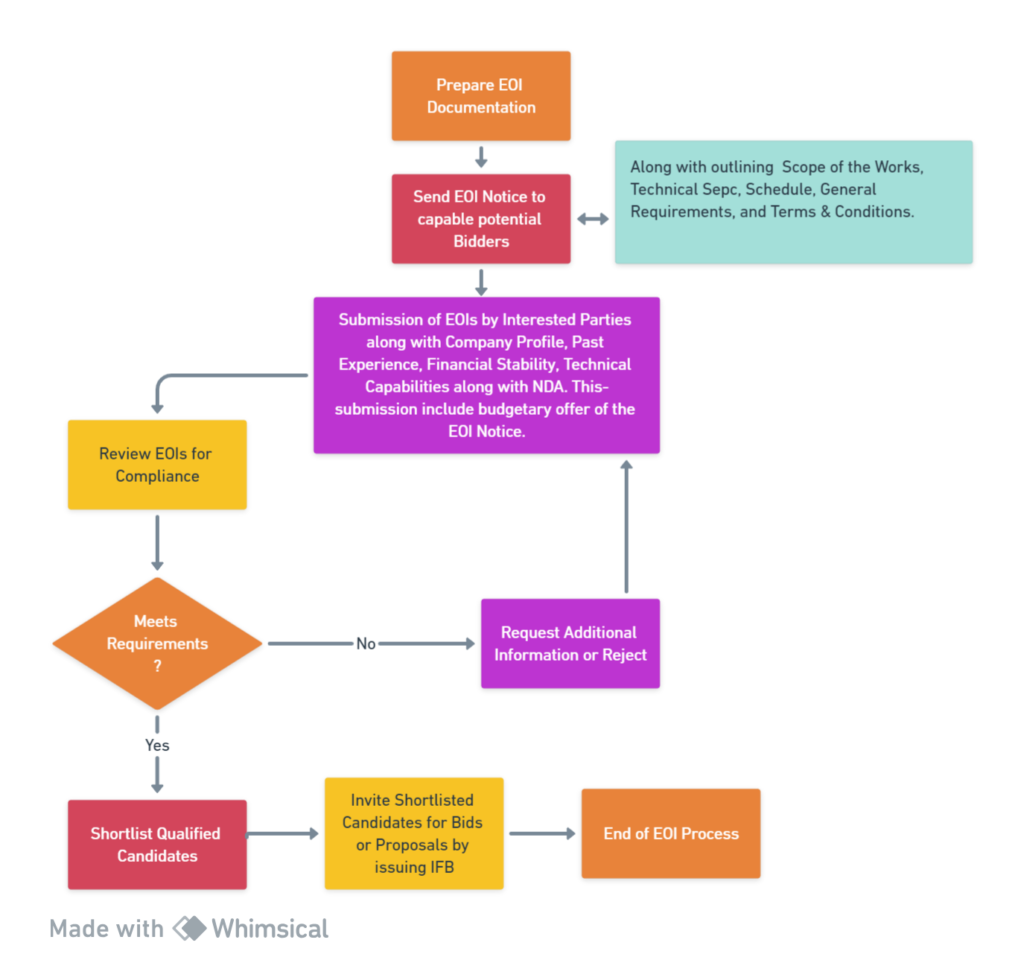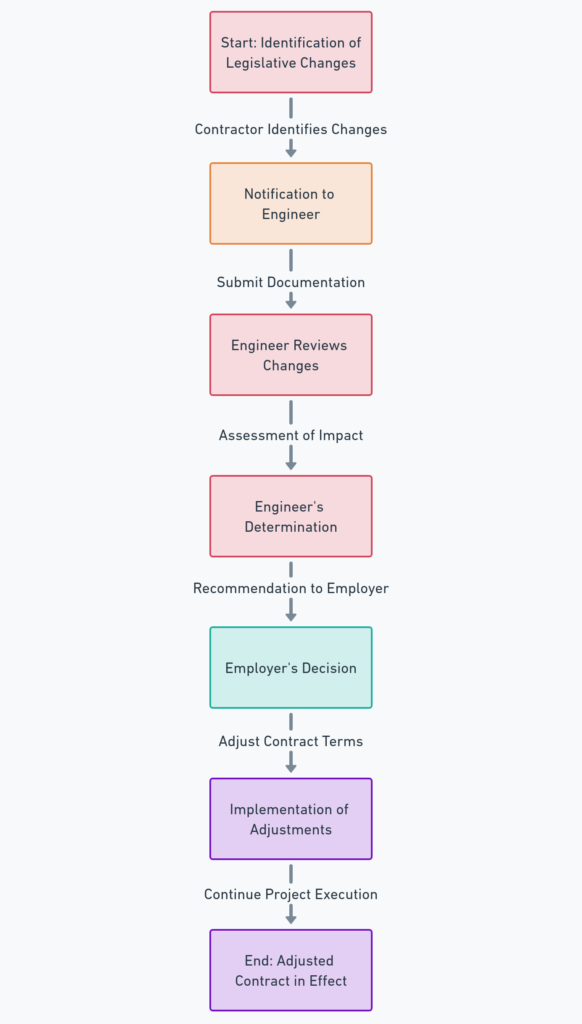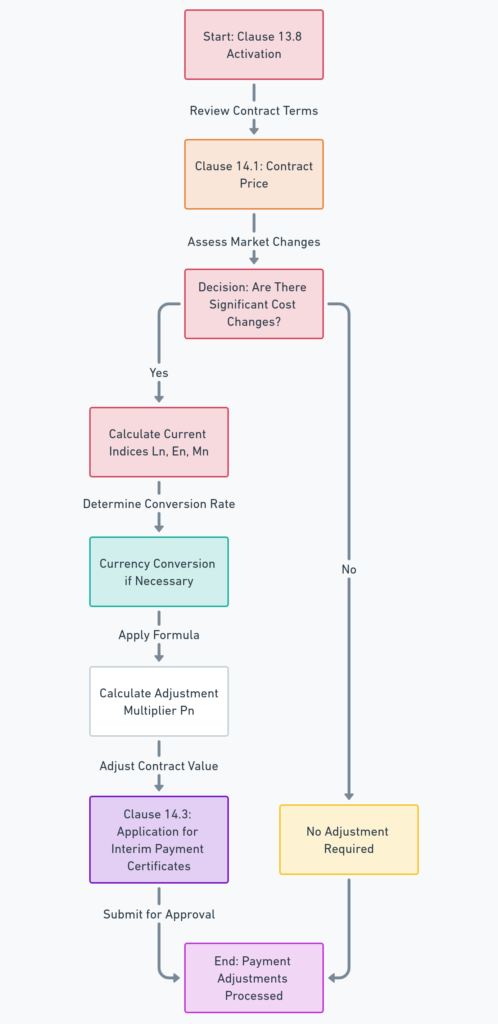Unlock Bidding Success: Master LOI & LOA Tactics
A Letter of Intent (LOI) under International Competitive Bidding (ICB) is a formal document that indicates a party’s intention to enter into a contract with another party, following a competitive bidding process on an international scale. ICB is a procurement process that allows various suppliers or contractors from different countries to submit their bids for supplying goods, works, or services. This process ensures transparency, fairness, and competitiveness, aiming to get the best value for money for the procuring entity. Here’s an overview of the role and components of an LOI in this context:
Role of LOI in International Competitive Bidding
- Preliminary Agreement: The LOI serves as a preliminary agreement between the procuring entity and the successful bidder, indicating the intention to proceed with contract negotiations based on the terms and conditions outlined in the bidding documents and the bidder’s proposal.









